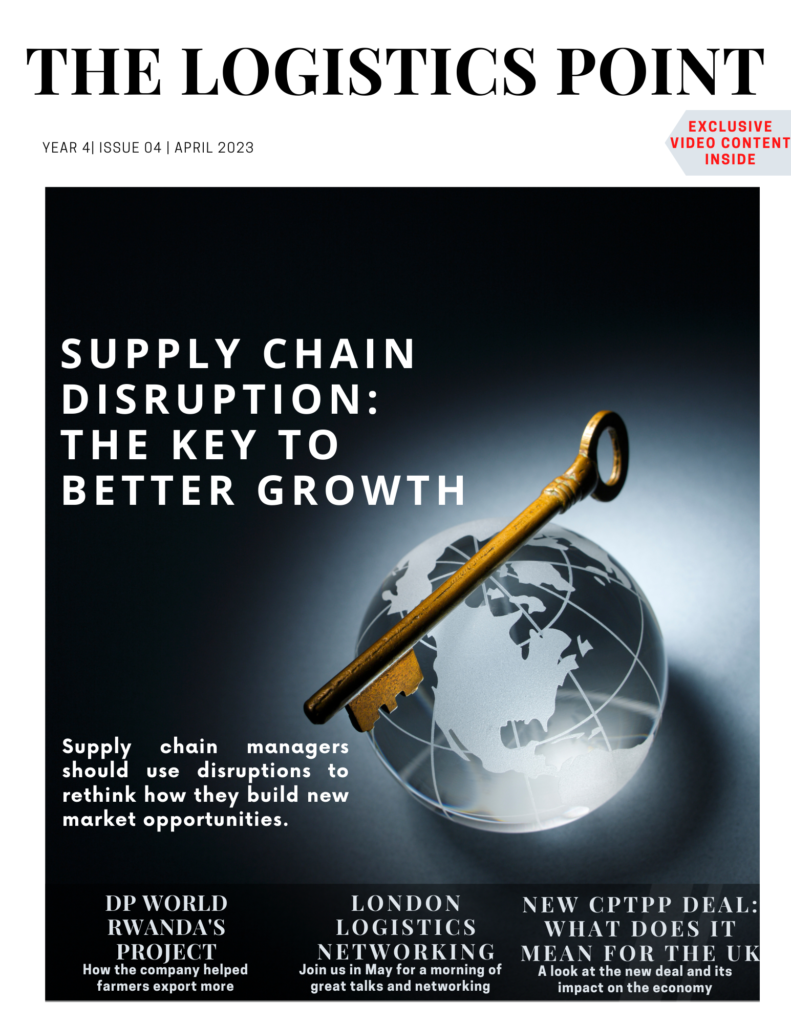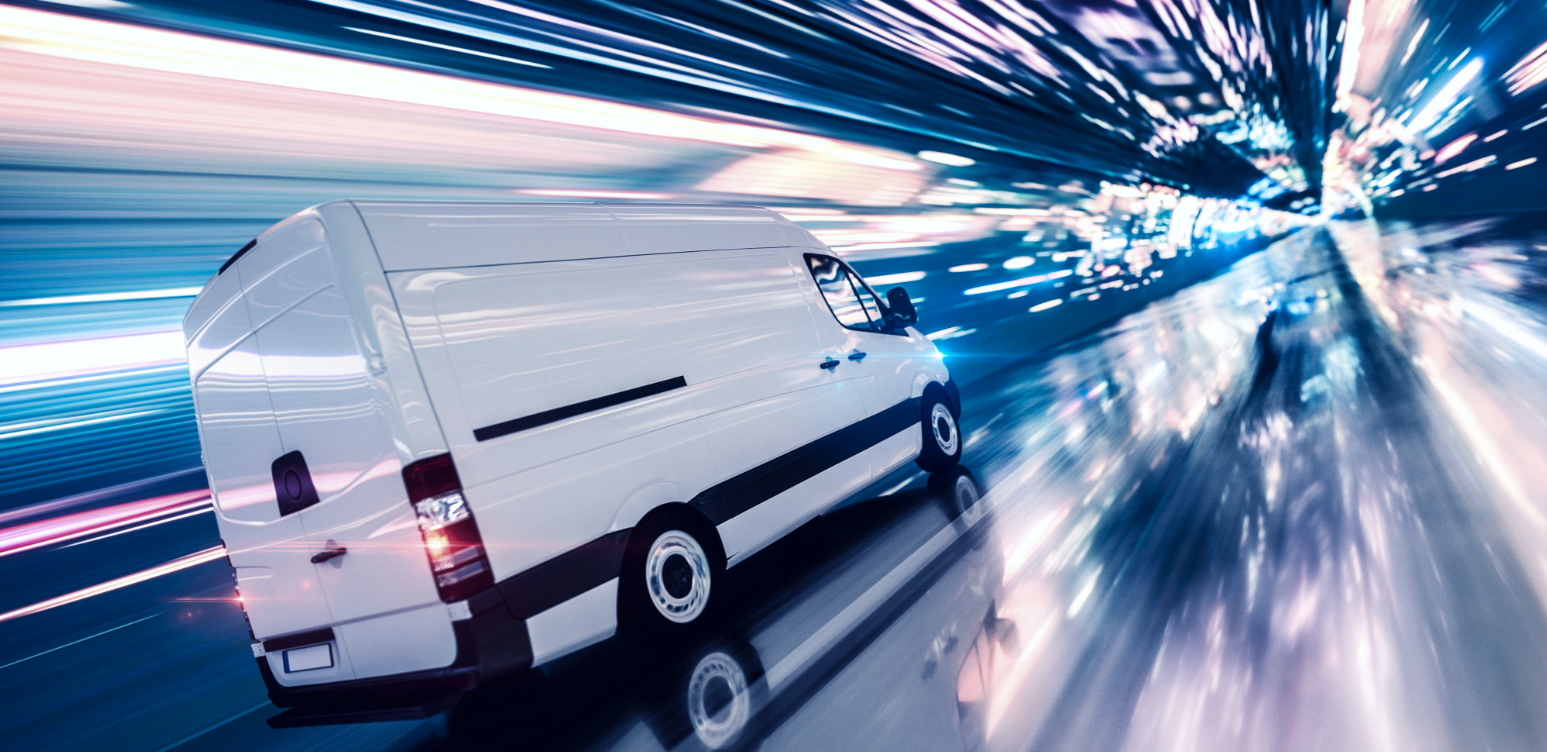The UK is committed to reaching NetZero in a very short period of time. Could we really do this? What steps need to be taken? Logistics businesses need more clarity and clear directions but there are areas where the government is being too slow to respond. We spoke to Kate Jennings, Policy Director at Logistics UK about EV’s infrastructure and alternative fuels. Kate also spoke to us about the new CPTPP deal on page 35.

Join Descartes Systems Group, EVRi, Zedify UK, and Backhouse Jones this May 24th in London for a morning of insightful talks and discussions at London Logistics Networking.
‘There has been a good progress,’ Kate begins when asked if UK’s businesses and government are on the same page when it comes to EV’s and alternative fuels’ infrastructure. The government has committed to roll out charging points and the Future of Freight plan was also a positive step. A lot remains to be done.
Public charge points need to work for commercial vehicles too. HGV drivers might be able to charge at the depot but not always.

Vans would particularly struggle with that as they might take the vehicle home. ‘We do not always see enough focus on this particular area,’ Kate comments.
In addition, targets are not that far away and actions need to be taken very quickly. In order to entice organisations for their next purchase of vans and HGVs, the government would need to make sure they have access to charging points and alternative fuel stations. Logistics UK’s members were hoping to hear that trials for EV’s and hydrogen fuels will be announced before Christmas 2022. Unfortunately, that did not happen and the industry is still waiting.
‘When the targets are 2030, every week delay is not helpful,’ Kate explains. ‘The government is planning a Low Carbon Fuel Strategy and we very much welcome this. We would like, however, to see it sooner rather than later.’
The Low Carbon Fuel Strategy is important as traditional fuel vehicles will be on the roads for many years, even after 2030 and the industry would need to be able to meet the targets with the fleets of today. Tax incentives would also need to be updated. Due to the energy crisis from last year, sometimes traditional fuels were much cheaper than low carbon ones.
Kate says that businesses are not staying idle and just waiting on the government but they have limited abilities. ‘They are upgrading power supply to depots, for example,’ she points out. All of the alternative fuels would need wider infrastructure which is not something businesses can plan and execute. ‘Private businesses also need to know they will get a return on their investment.
It is much harder to make the business case, if you do not know whether you will be able to charge the EV van or whether the hydrogen station exists.’
In addition, if the industry does not have the right people, it could quickly impact the whole economy. Last year with the shortage of drivers, many supermarkets experienced delivery problems. Without well-trained professionals who know how to operate and maintain hydrogen and EV fleets, targets will not be met. Logistics UK is promoting the industry with its Generation Logistics program. The skillset the industry needs has changed dramatically. ‘We are seeing shortages of mechanics and technicians who can deal with these different technologies,’ Kate explains.
Kate also spoke to us about the new CPTPP deal and how it will impact the UK’s logistics sector. You can read the interview with her on page 35. ✷

